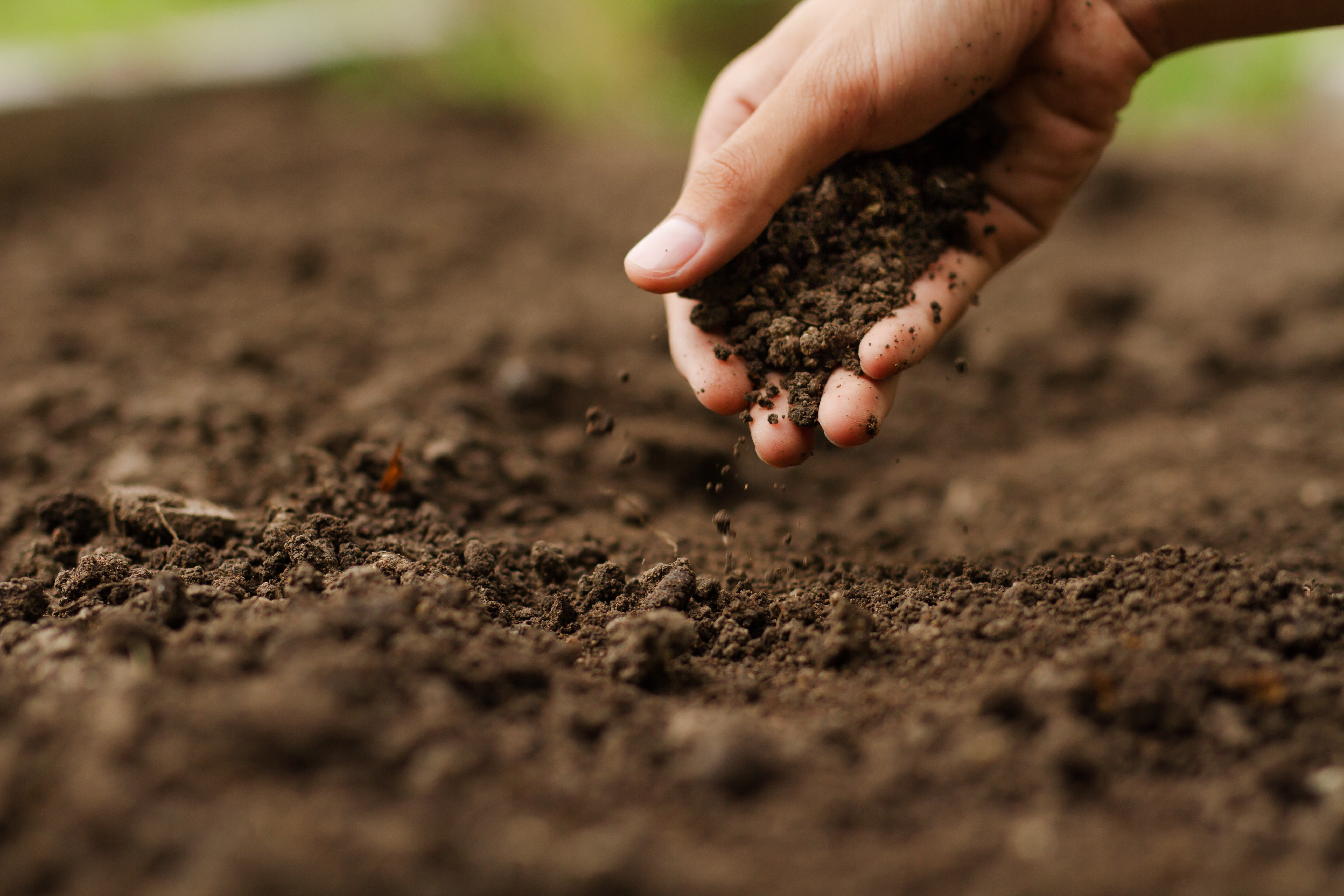The Grain that Gives
When you choose sorghum, you’re doing something good – not only for yourself but for the world around you.
This small grain offers big benefits for our health, our water, our wildlife and our world. Food, pet food, feed and energy industries can all benefit from sorghum’s ability to give more than it takes.

_resize.jpg)